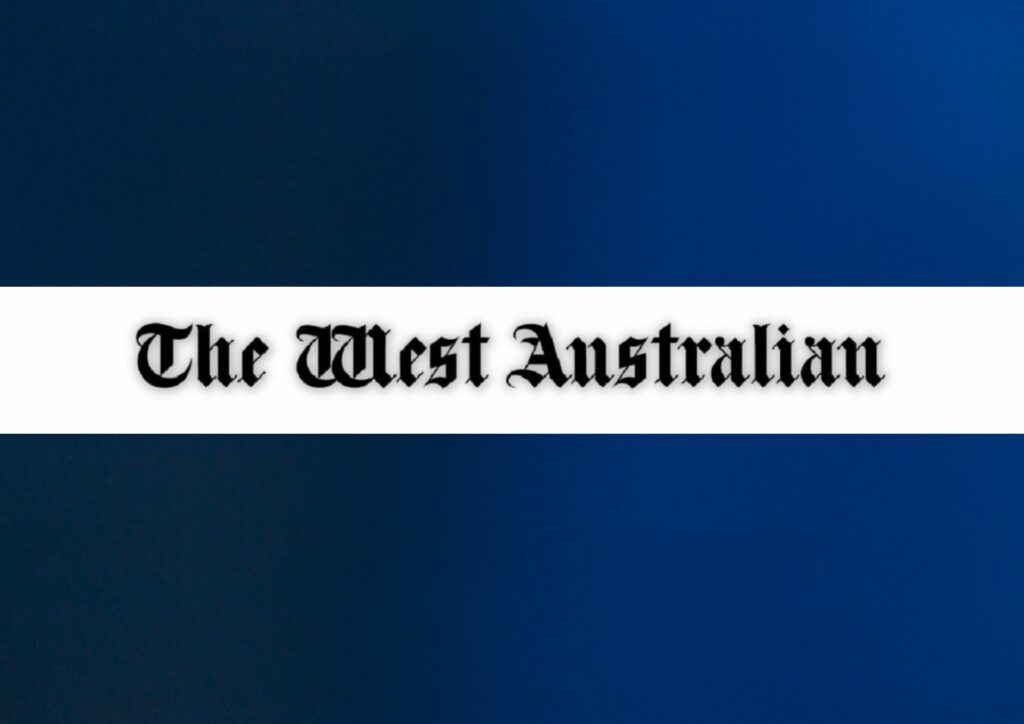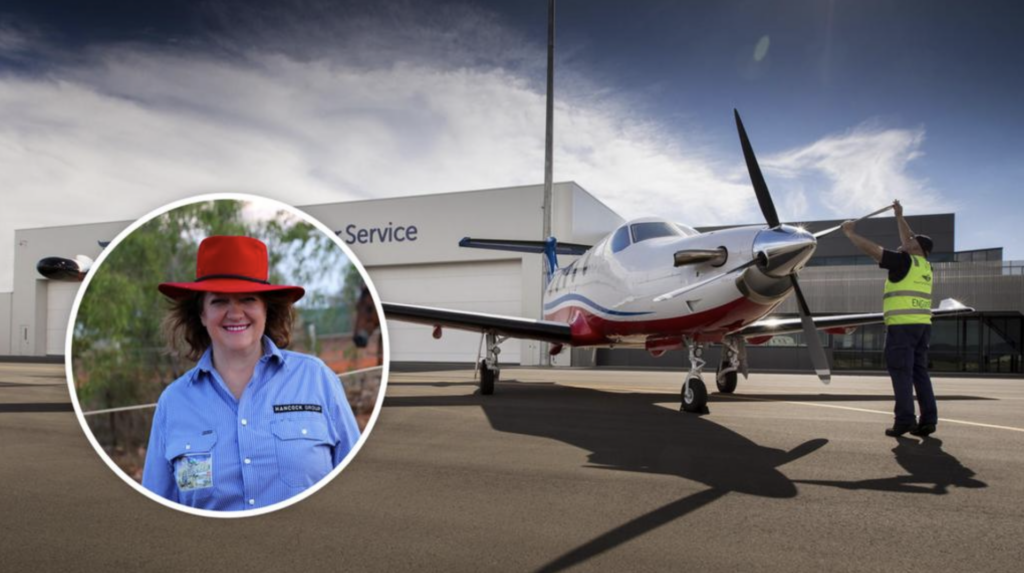

Article by Jake Dietsch courtesy of The West Australian.
Iron ore magnate Gina Rinehart has donated $8 million to the Royal Flying Doctor Service to buy a state-of-the-art aircraft that will help save lives in the most isolated corners of the State.
The Rinehart Medical Foundation and Roy Hill will contribute $4 million each to buy and fund an aeromedical fit-out of a PC12 NGX plane in what is one of the most significant donations to the RFDS.
The aircraft, to be built in Switzerland, is expected to be in use by 2026.
Last month, Ms Rinehart was crowned Western Australian on the Year not only for her contribution to WA’s mining and agricultural sectors but for her generosity to various medical and health organisations.
RFDS Western Operations chief executive Judith Barker said the organisation had a $90 million program to replace 12 planes by 2030.
Ms Barker said the donation allowed the RFDS to put in an order for the first of those planes.
“This donation will allow us to put in an order for the NGX, which is the next model up,” she said.
“In the meantime, we’re going to proudly name one of the existing PC12s in honour of Ms Rinehart and her donation.”
The PC12s typically fly six million kilometres a year for the RFDS and are designed to be able to land on gravel or short runway stretches in places such as cattle stations and in remote communities.
Ms Barker said the new model would improve the flying experience for pilots as they navigated turbulent weather in WA’s north and challenging landings.
“The upfront technology will enhance the flying experience for our pilots and for our patients,” she said.
“These planes are tough and amazing in those conditions. The avionics in the front will absolutely support the pilot decision making.
“Our pilots do an amazing job and they fly these planes solo, which is what they’re designed for, but this will just provide added assistance to them in the way they fly the planes.”
The new plane will also allow the RFDS to review the cabin layout to ensure the best possible environment for clinicians to deliver in-flight care.
Ms Barker said the RFDS had a long association with Ms Rinehart and her mother, Hope Hancock.
“We’re really grateful for the support that we get from her, Roy Hill and the foundation who recognise that the RFDS is there to support them and their endeavours in rural or remote areas,” she said.
“People who work on their mines don’t just work there, they live in those communities.
“We have a responsibility to support them and keep them safe, as we do with anyone living in rural or remote areas.”















